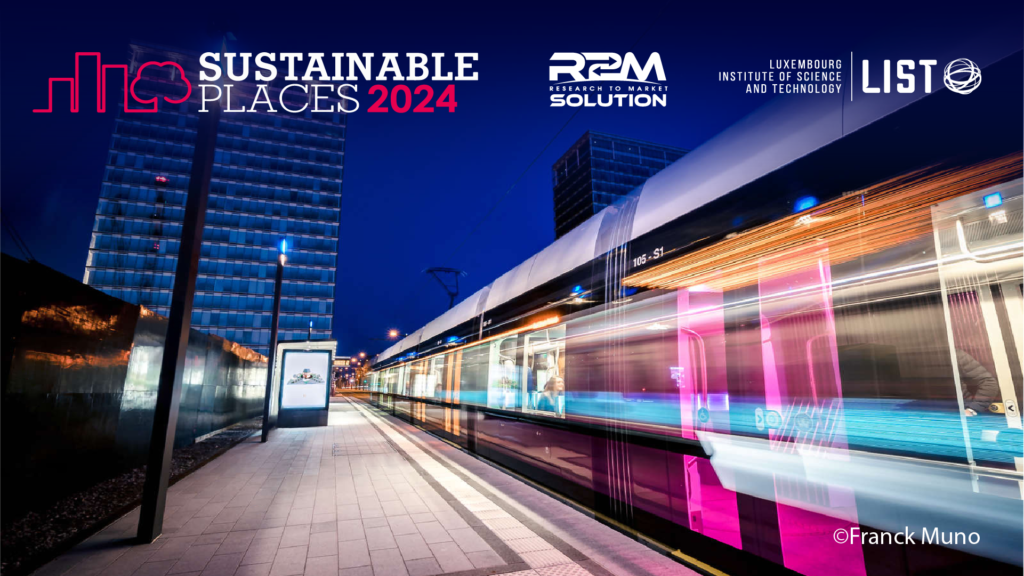“The skills energy equation” Paul McCormack, Belfast Municipality
Tuesday 24 September 2024 | 11:00-12:30 | Paper Session | ONLINE

The Skills Energy Equation is a conceptual framework that integrates various factors contributing to individual and organizational performance. When used in the context of workforce development, talent management, and organizational behavior, it enables a greater understanding of how skills and energy (motivation, engagement, and effort) interact to drive performance outcomes and stimulate the demand for energy efficiency in construction.
The ‘Skills Energy Equation’ is not a commonly used or established term in the field of education or workforce development. It is defining the direct calculation of the relationship between skills development and energy-related outcomes. In order to close the energy performance gap, we must utilize digital transformation tools to qualify and quantify that the acquisition and application of skills have a direct impact on energy efficiency, renewable energy adoption, and overall energy sustainability.
The Skills Energy Equation emphasizes that high performance is driven by both the competence and the enthusiasm of individuals. Organizations striving for excellence must nurture both aspects to achieve sustainable success, and economies must embrace both in order to reduce the carbon footprint of construction.
The Skills Energy Equation – highlighting the linear connectivity where increased energy efficiency skills in the workforce will deliver reduced CO2 consumption in construction. Developing a ‘digital twin’ approach to how we design, build, and operate buildings and incorporate energy technologies. This exchange will enable the direct measurement of energy efficiencies achieved in construction via having a workforce with the requisite skills and close the energy efficiency gap between as design and as built.
EU project ARISE https://www.ariseproject.eu/
funding from the European Union’s Horizon 2020 research and innovation programme under grant agreement No 101033864
Contributing projects:
Session Chair:
Paul McCormack, ARISE – Jan Cromwijk, ISSO – Dijana Likar, IECE – Anna Moreno, IBIMI – Larissa DeRosso, ACE – Barry McAuley, Technology University Dublin – Eduardo Rebelo, Belfast Met – Jaap Kolk, Building Changes
Workshop Chair: Sébastien Faye, LIST, Luxembourg Institute of Science and Technology
